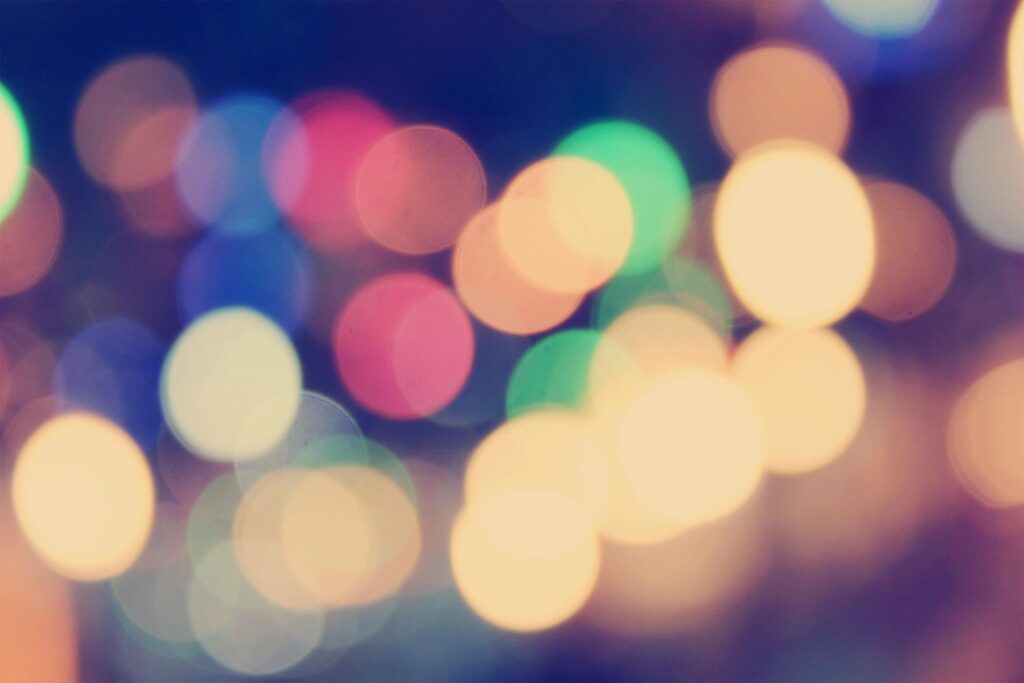
There is an old concept from India called Indra’s Net. It envisions the starry skies as made up of a net of gleaming jewels that radiate light. What is particularly profound about Indra’s Net is that the light of each jewel shines in the other, so that it is not possible to say which single jewel is the source of the light. And, because the jewels reflect each other’s light, they amplify the light.
There are many messages embedded in the story of Indra’s Net (some of which I will write about later) but one key idea is that we’re all reflections of each other. We’re shaped by our interactions and exchanges.
When I was younger, I’d make remixed tapes that I’d share with others as gifts (yes, another form of sushi-making). It took a lot of effort working with a stack of tapes and a double-deck cassette player. What emerged was an expression of myself made from music created by others. It was a way to say this is who I am and here’s what I like. We do this remixing far more easily today via social media. We are constantly consuming and rebroadcasting things. We each are curators telegraphing a point of view via what we choose to share.
There is something wonderfully democratic and dangerous about this unfettered flow of ideas on social media. Unlike the process of a mixtape which required intentionality and effort, we can broadcast ideas and emotional states with ease on social media. And the ease in which ideas can be rebroadcast — forwarded and retweeted — amplifies some expressions. A retweet is an endorsement of the idea or meme. Some memes rise almost as tidal waves, a surge pushed by thousands of people, descending on us from multiple social media feeds.
Social media channels like Facebook and Twitter watch what we like and share and return more of it to us. We can get caught in echo chambers. There is a story of two dogs who wandered into a house of mirrors at a fair. The first dog, angry and snarling, saw hundreds of snarling dogs facing him. The second dog, happy with a wagging tail, was met with hundreds of friendly dogs looking back. Each exited the tent more agitated or happy than before. This is Indra’s Net in reality too. The power of this amplification is evidenced in the polarization we experienced in recent elections (a theme for another time).
So, a question for us is what are we tuning in to, remixing, and broadcasting? Can this be a more intentional process?
Messages of positivity share the light and illuminate the lives of others. Currents of negativity suck us downward. As in the parable of the dog in the house of mirrors and the grand message of Indra’s Net, what we absorb becomes part of us and what we radiate is reflected back on us. With the holidays upon us, it is a time for us to be more aware and intentional in the nets we cast. Let’s amplify the good, let’s be the light we want to see reflected in the universe.
Also see:https://www.linkedin.com/pulse/season-light-lyndon-rego/
https://www.linkedin.com/pulse/seeing-people-source-rather-than-resource-lyndon-rego/

Interesting thoughts !! Loved the way you have summarised it.
I try to always tune into positivity to reflect back
To society my remixed version … the challenge however remains to guard against the negative currents that are around us…how can we fend them off… *Thinking*..
Good point, Rudresh! We all swim in invisible currents that swirl around us. It takes effort to be aware of them and not be swept away. The key is mindfulness and intention. I will write about that in future posts.
Very nicely expressed. The dogs in the house of mirrors is a true reflection of our society today.
Makes me think that we can be both dogs in “dog eat dog”
I love the stories and connection to social media. I am constantly tweaking who I follow and what I consume as my perceptions change. This post will be with me now as I make more changes.
Thanks for the comment, Rie! I hope to be more mindful too. I have started to broaden what I follow on Twitter to include more perspectives that don’t align with mine.
This article in the New York Times envisions what we’d gain if we lose the “share” button on social media:
https://www.nytimes.com/live/2020/fix-america-economy-climate-health#kevin-roose-social-media
“Social networks are learning, albeit belatedly, that sharing with everyone you know shouldn’t be seamless and instantaneous. It should require something: some effort, a brief moment of consideration between consumption and replication. Share buttons don’t just enable the bad guys. They deprive us of the opportunity to make meaning out of what we share — adding the poignant caption, the funny aside, the personalized touch. They make us conduits for other people’s tastes, rather than curators of our own. By sharing less, we might actually find ourselves sharing more.”